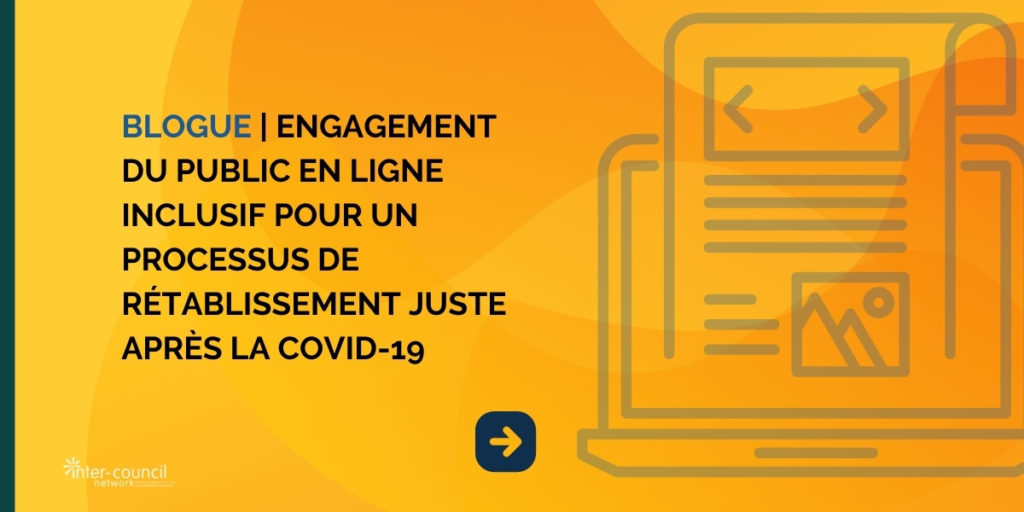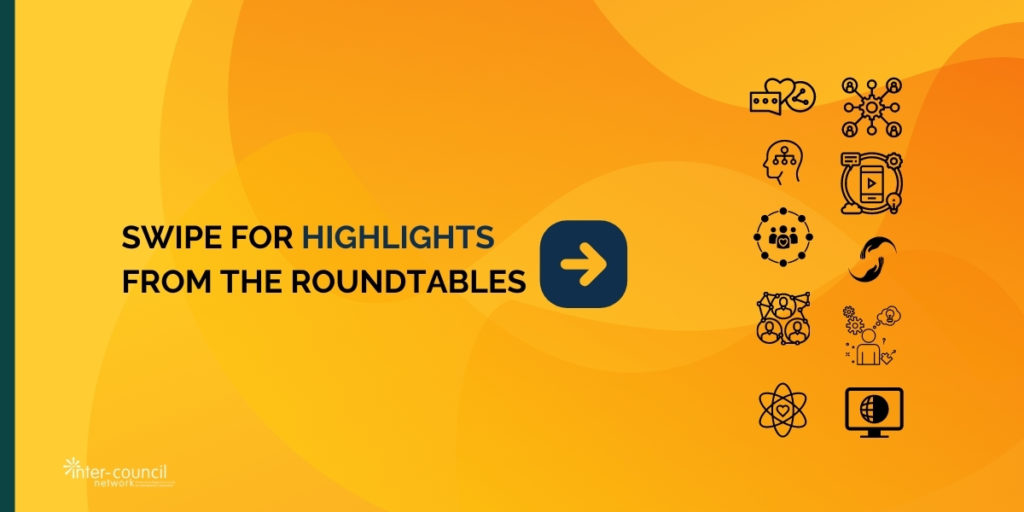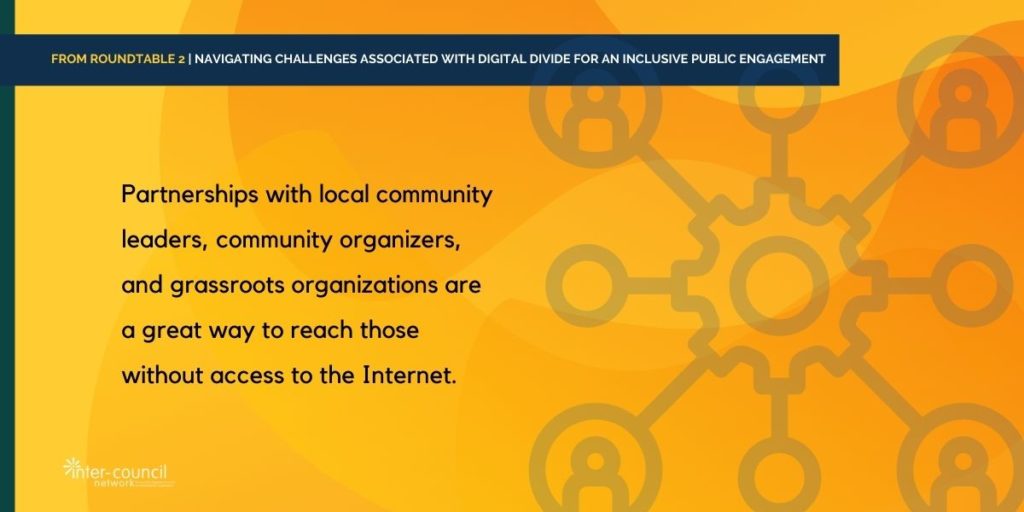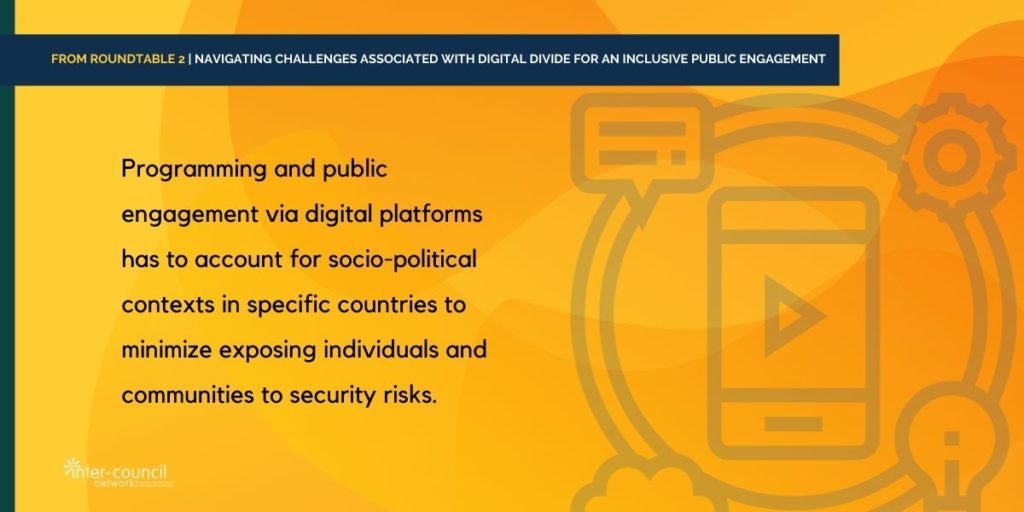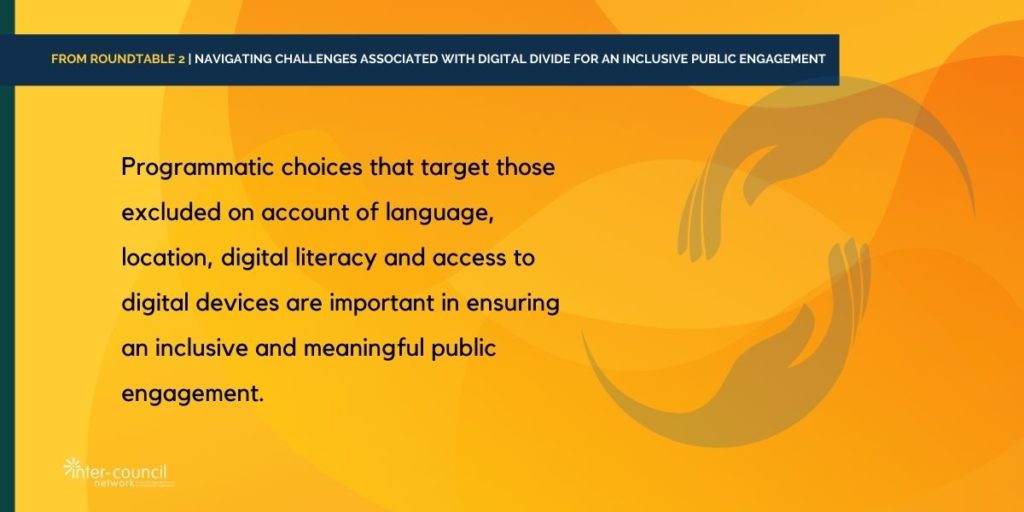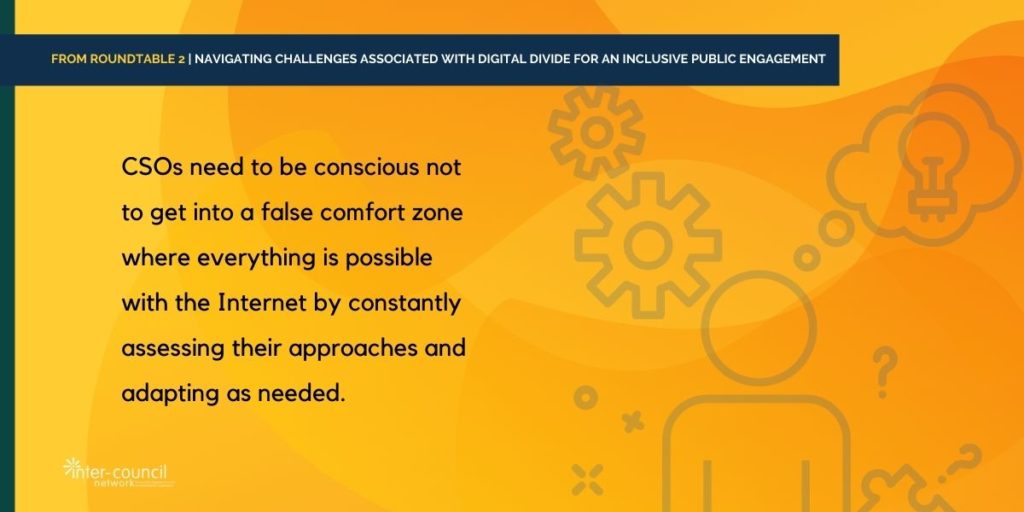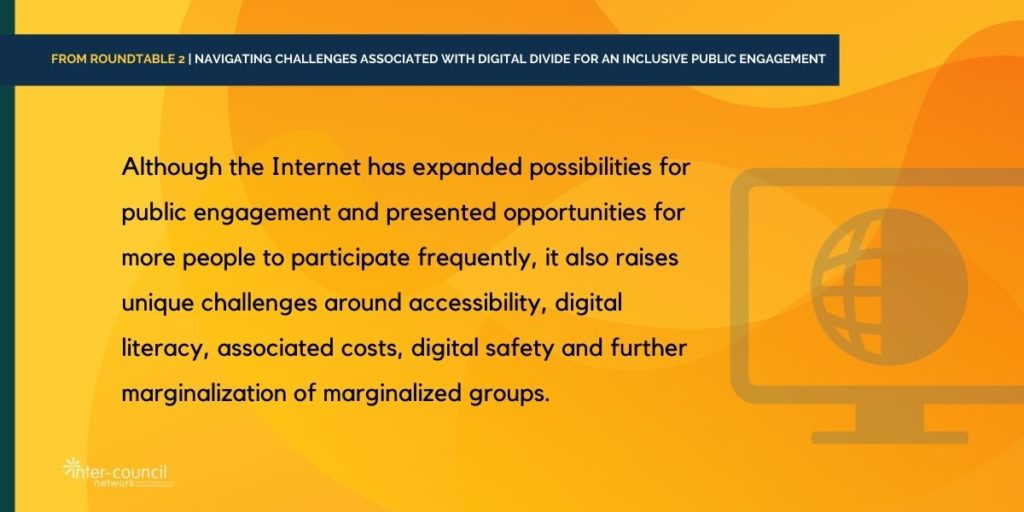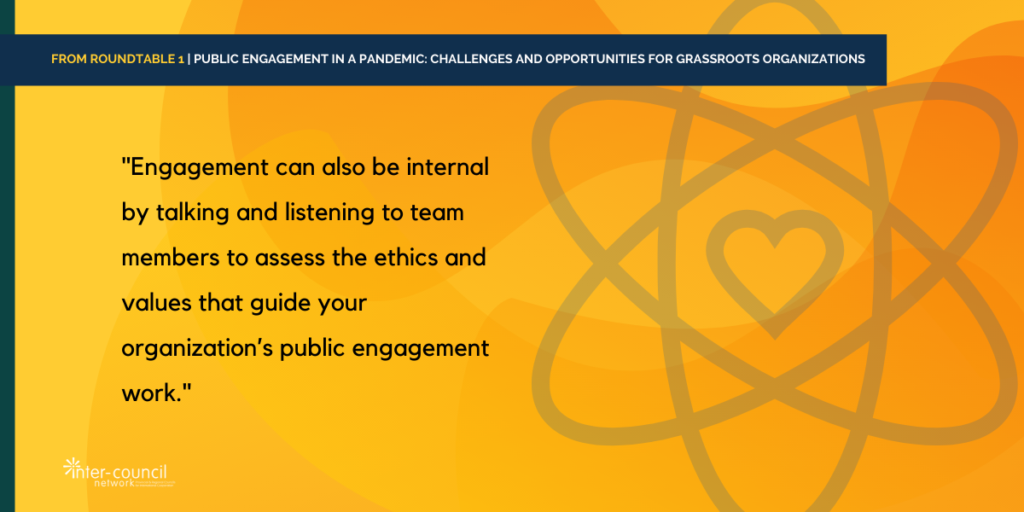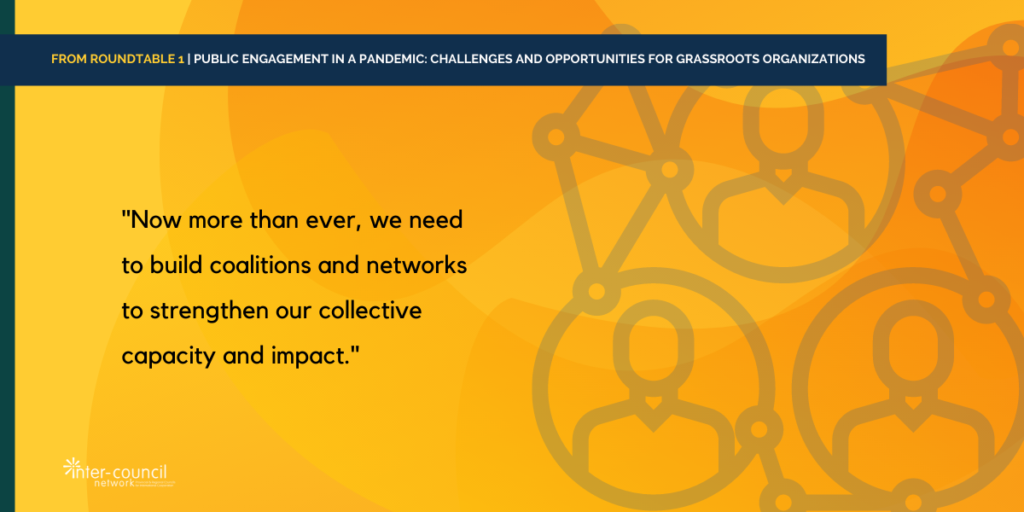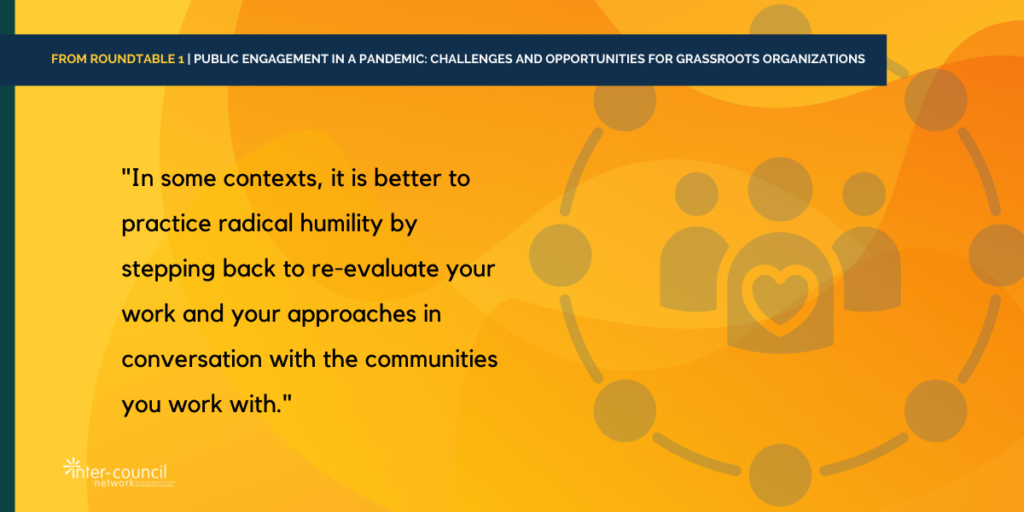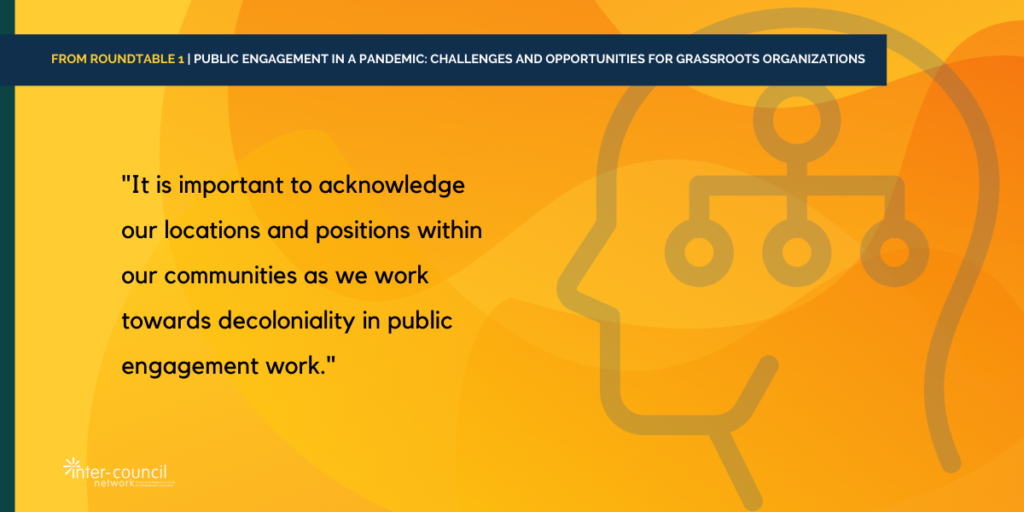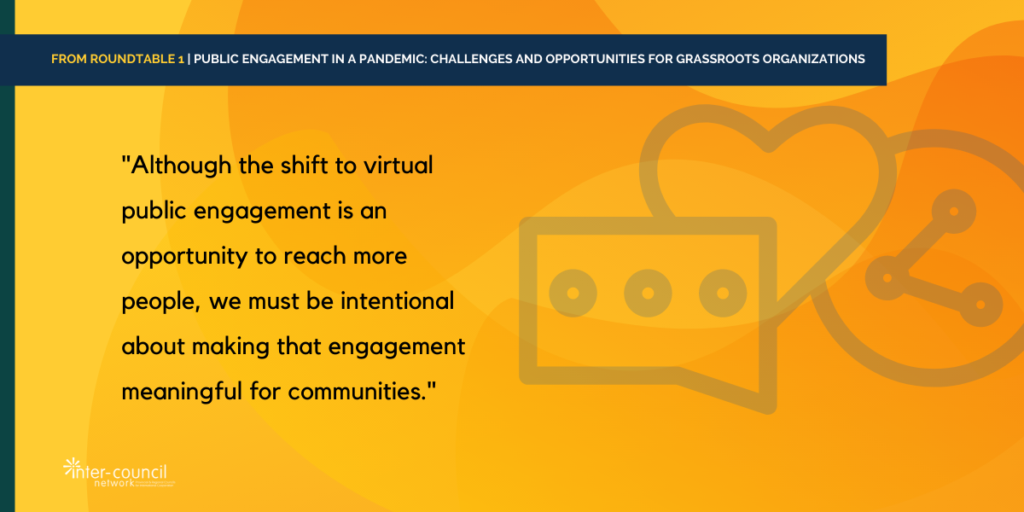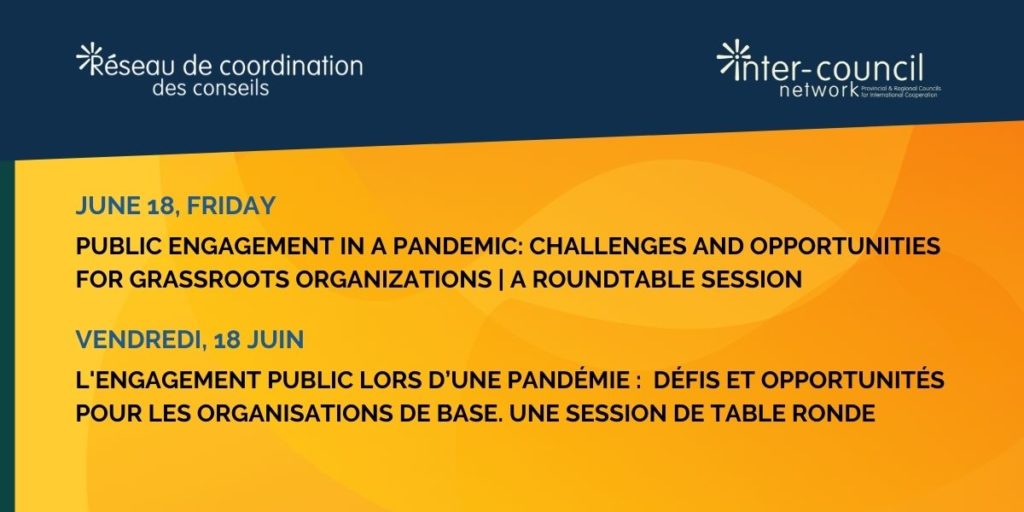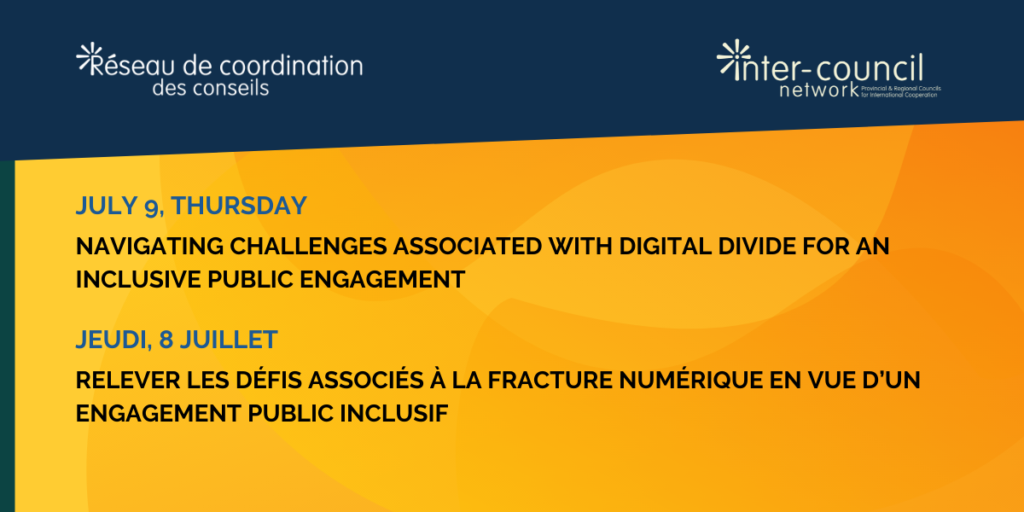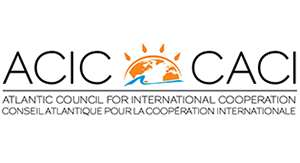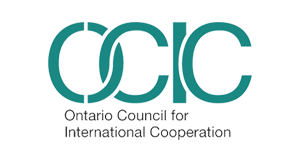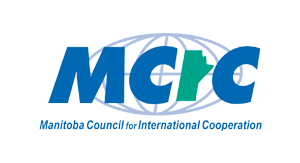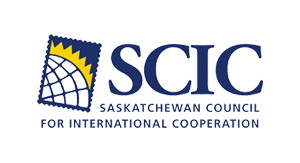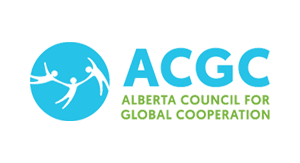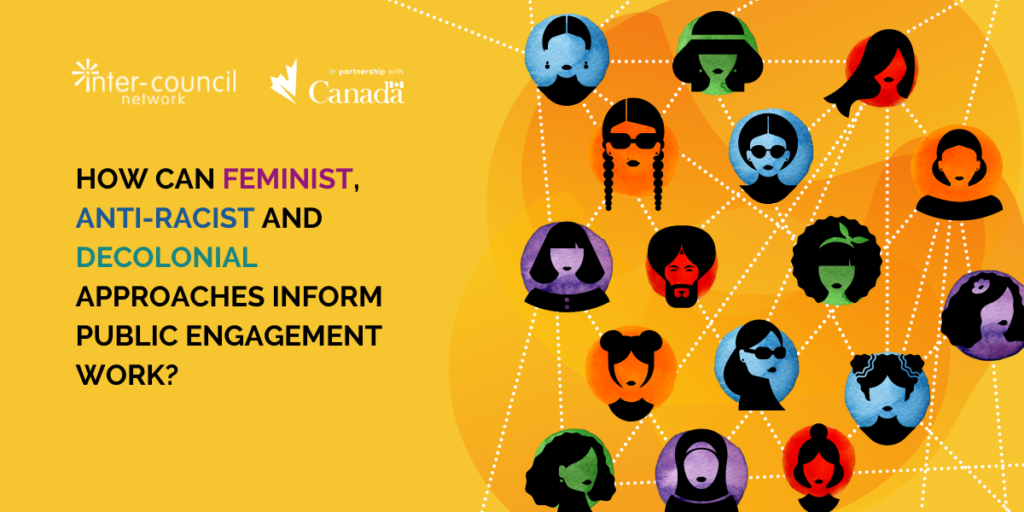
This research project aligns with the sectoral-wide shift towards more feminist, anti-racist and decolonial approaches in international cooperation work. Increasingly, organizations are proactively interrogating their principles and practices; a positive step towards decolonizing the sector. However, this reflexivity exercise and the actions that result from it need to be done in a way that does not propagate the same harmful practices and/or produce new forms of harmful practices.
In this research project the ICN will explore what it means to do public engagement work in a feminist, anti-racist and decolonial manner. It will include a total of 16 CSOs – 8 in Canada and 8 in the Global South. Following the principles in Canada’s Feminist International Assistance Policy and in the UN’s Agenda 2030, this research will bring CSOs together to explore a feminist, anti-racist, and decolonial public engagement in a pandemic and post-pandemic context.
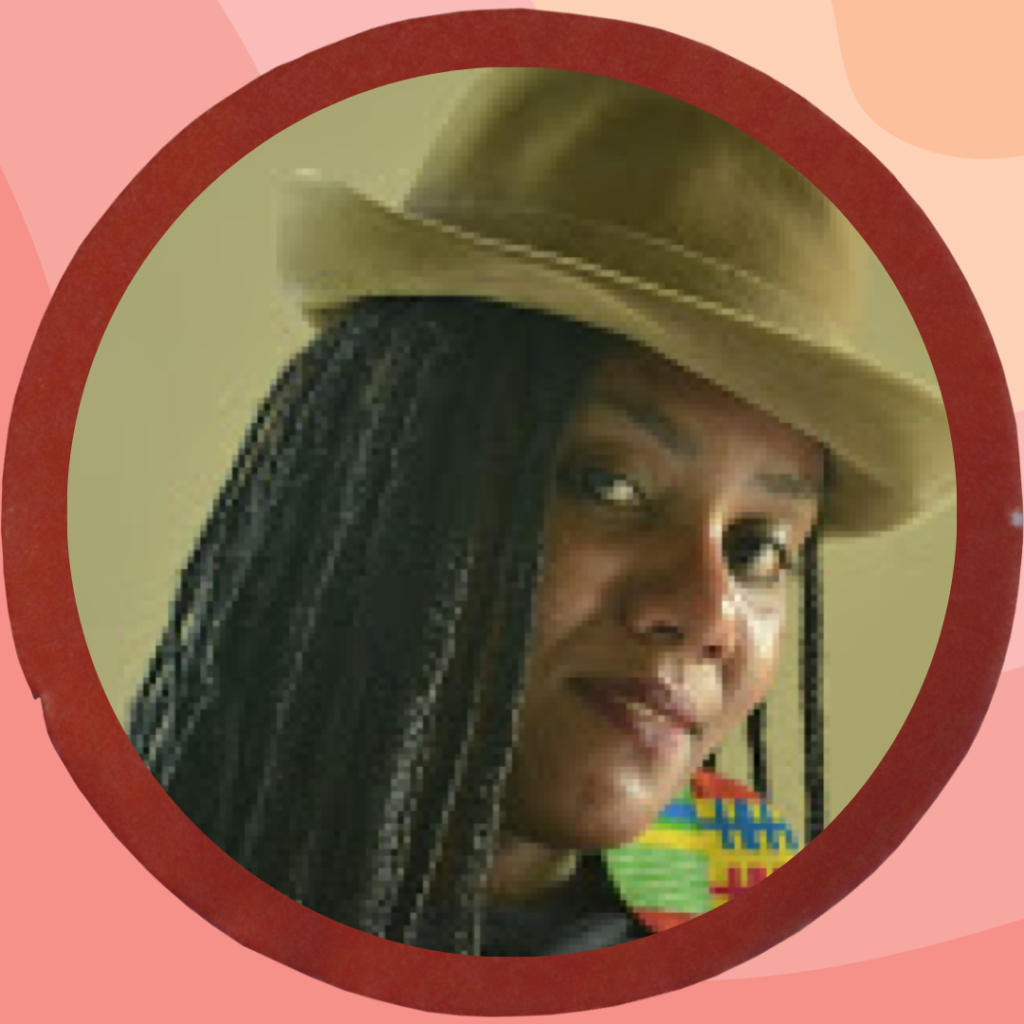
Alicia was born in Santo Domingo, Dominican Republic, and is from Herrera, a neighbourhood on the west side of Santo Domingo. Drawing on the environment, social movements, and stories of the border where her mother is from, she was able to construct and reconstruct trans-national stories that centre the marginalization of a lovely, diverse, impoverished neighbourhood on the outskirts of the city. She studied theatre with a concentration in dramaturgy at the Escuela Nacional de Arte Dramático (ENAD) and prior to that she was in social communications, completing a portion of the requirements for a degree in journalism at the Universidad Autónoma de Santo Domingo (UASD). As part of the university’s chanted poetry scene, a form of activism in performance, she travelled all over the country. In 2020, one of her pieces was included in Fanzine Pandémico, a publication by the Catalina Clandestina collective in Argentina, and a poem was included in the anthology Te Quiero Mi Cielo, published in Chile by La Fonola Cartonera in 2018. She has worked as a reporter for the online newspaper El Grillo, which offers a platform for social movements to speak in their own words, and ahs also written a series of articles for various civil society institutions on economic hardships, lack of services, and impoverishment of neighbourhoods in the Ozama-Isabela basin in Santo Domingo. Alicia writes about social inequity, alienation, borders, love and heartbreak from a place of marginalization and from her African heritage. She says, “I am a feminist and antiracist activist, and my literary work is informed by this way of seeing the world. I am currently part of the Junta de Prietas collective. We are a feminist, antiracist and decolonial collective, a space for possibility and encounters, and a springboard to liberatory political action that identifies and works to dismantle racist practices.”
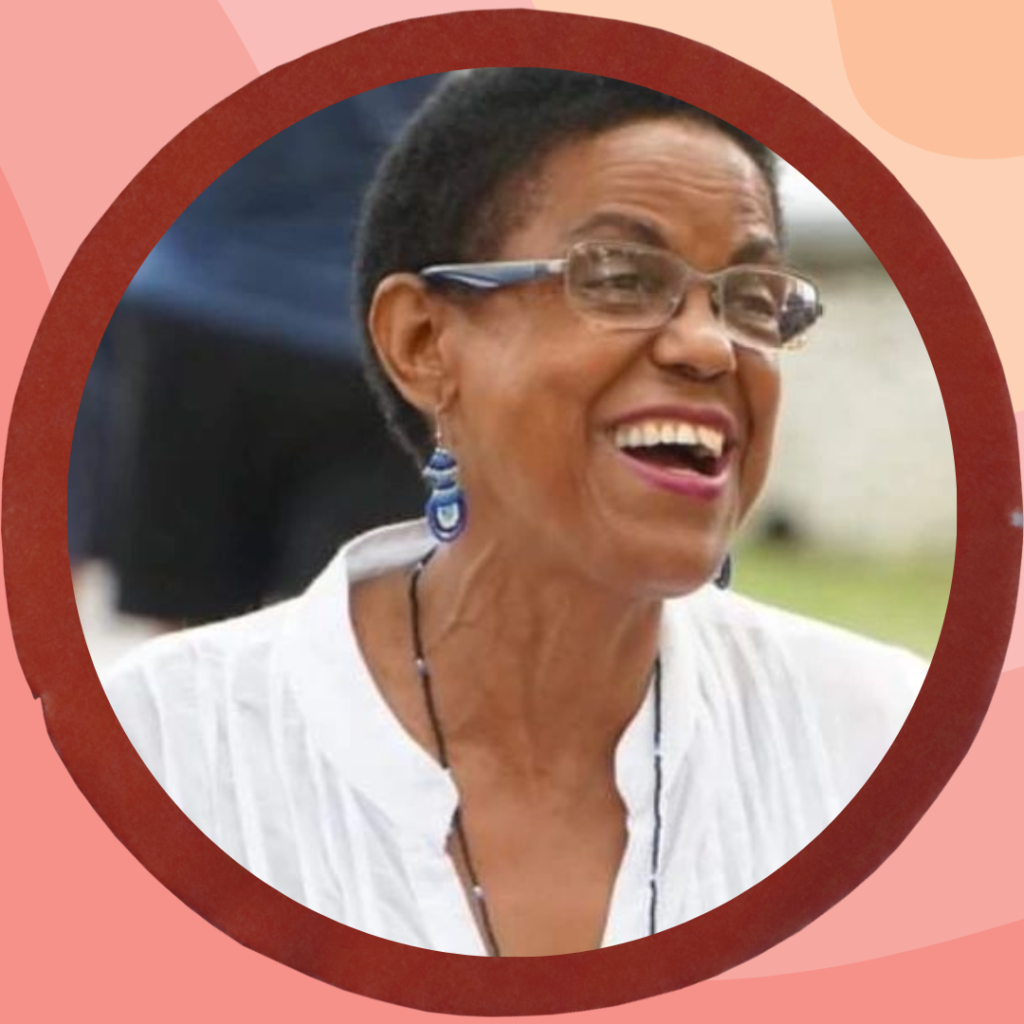
Bienvenida holds a bachelor’s degree in social communication sciences from Universidad Autónoma de Santo Domingo (UASD) and has completed their postgraduate studies in Spanish language and Hispanic Cultures from the Central Connecticut State University and Universidad de Salamanca. They are the founder and facilitator at Escuela de Formación Feminista Antirracista y Decolonial, which focuses on youth and adolescents from marginalized communities and neighbourhoods, and have facilitated courses on Dominican identity and culture for international students, and in the international program of the Universidad Nacional Pedro Henríquez Ureña. Bienvenida has also been the Director, Women’s Program of the Unión de Juventud Ecuménica (UJEDO); director, Young Women’s Program for Latin America, World Council of Churches (WCC), and has worked towards producing a guide for training sessions on anti-racist perspectives, focusing on anti-colonial struggles on the island, origin and history of racism, gender, representation and identity.
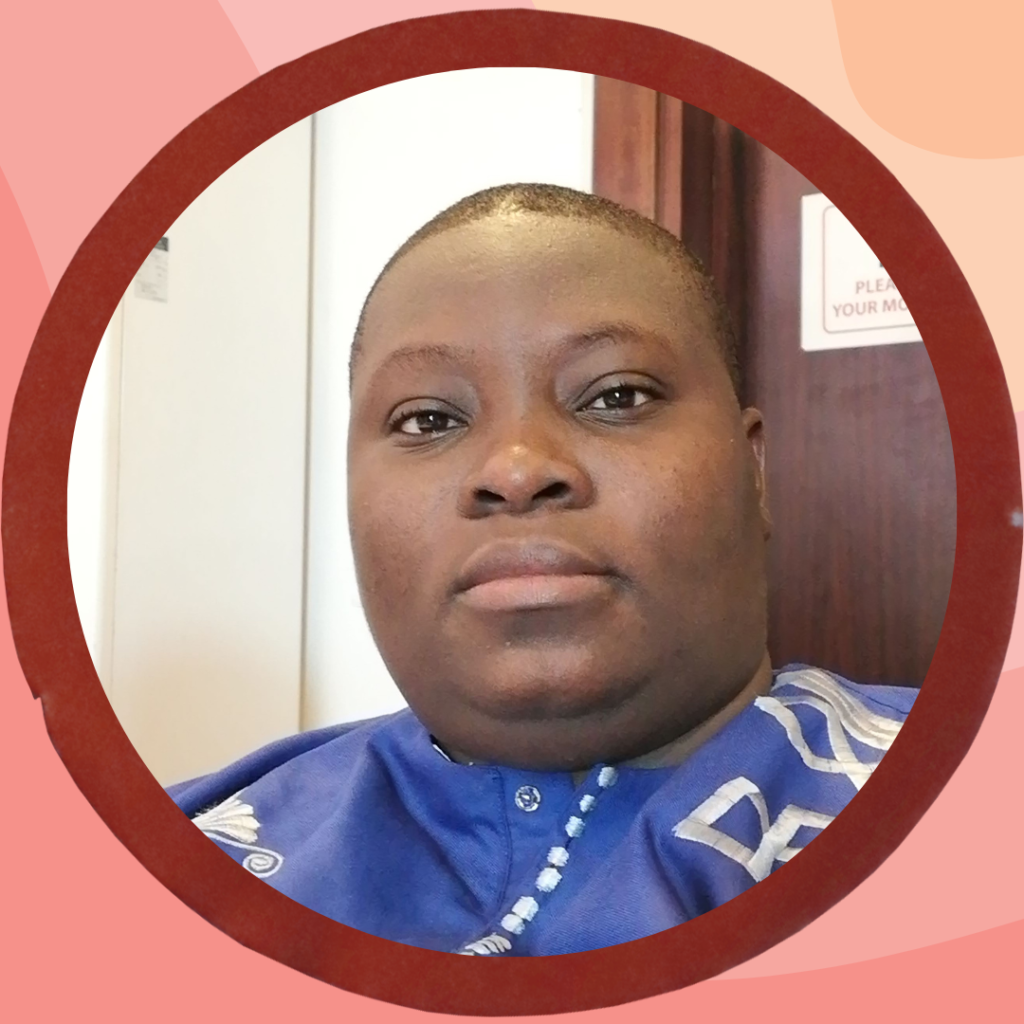
Diallo is the vice-president and program officer for the Association Référence Burkina. They are also a frequent reference point in the Burkina Faso for community data collecting, having participated in four research studies.
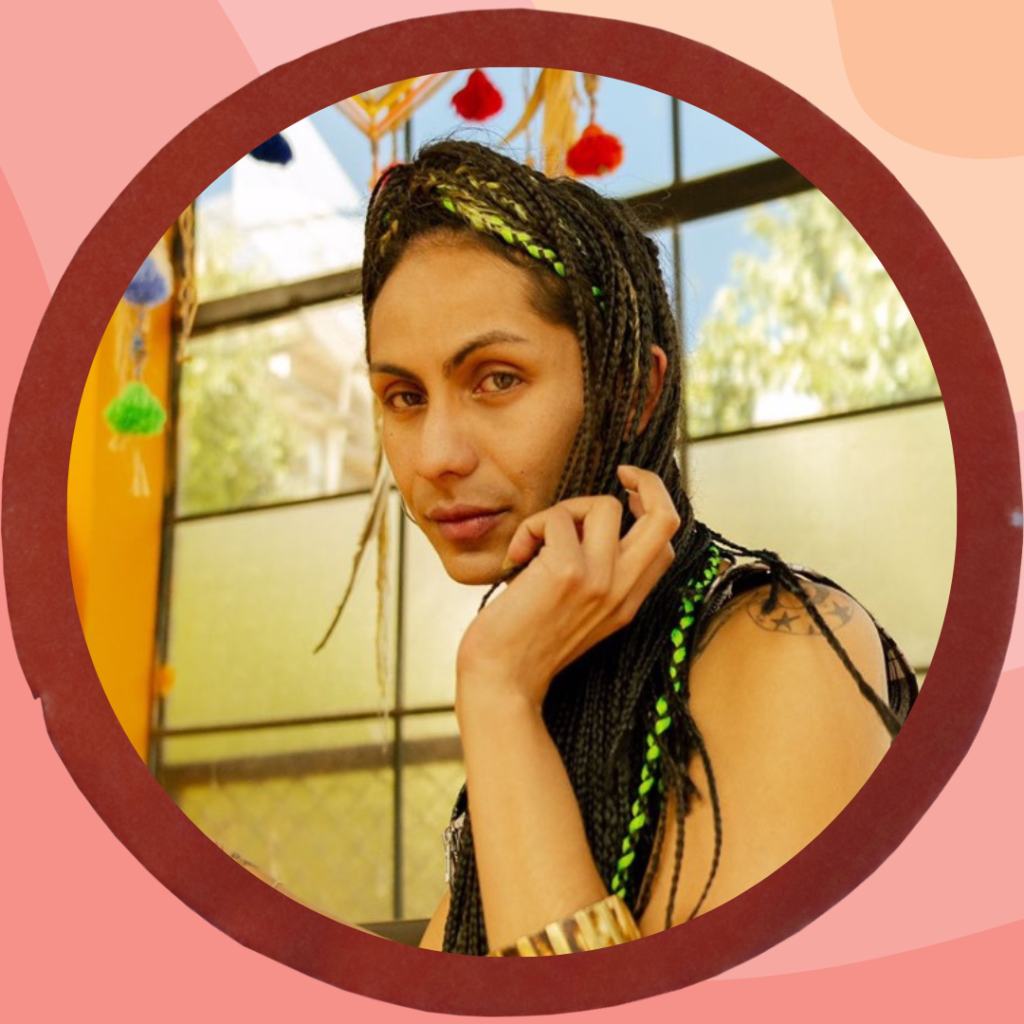
Gretel is an editorial model, and a runway girl, born in Lima and raised in Cusco, Perú. Curently working with No Tengo Miedo, a non-profit organization, which focuses on freedom/rights of gays, lesbians and trans people. NTM also has a platform called “Pantano” where artists can participate with their own ideas for workshops in the organization’s cultural space. Gretel participated in Pantano in her own recital for her chapbook “Unforgettable Runway”, and monthly workshops for twerk lessons. Pantano also had artist Max Lira and her creative writing workshop, as well as Ibrain Plácido, intersex tattoo artist, with her drawing workshop. Gretel is also a DJ and producer for Parties for the Soul. Reggaeton, afrofunk and trap are the genres of her brand Freaky Princess. She had the opportunity to be the opening act for the Ms. Nina concert in November 2019, and is also a burlesque dancer; her latest show was at a poetry recital called Dolor y Ternura. Dolor y Ternura is a NTM project made for people of color to share their experiences with pain and tenderness in any format such as poetry, singing, drawings, and performances.
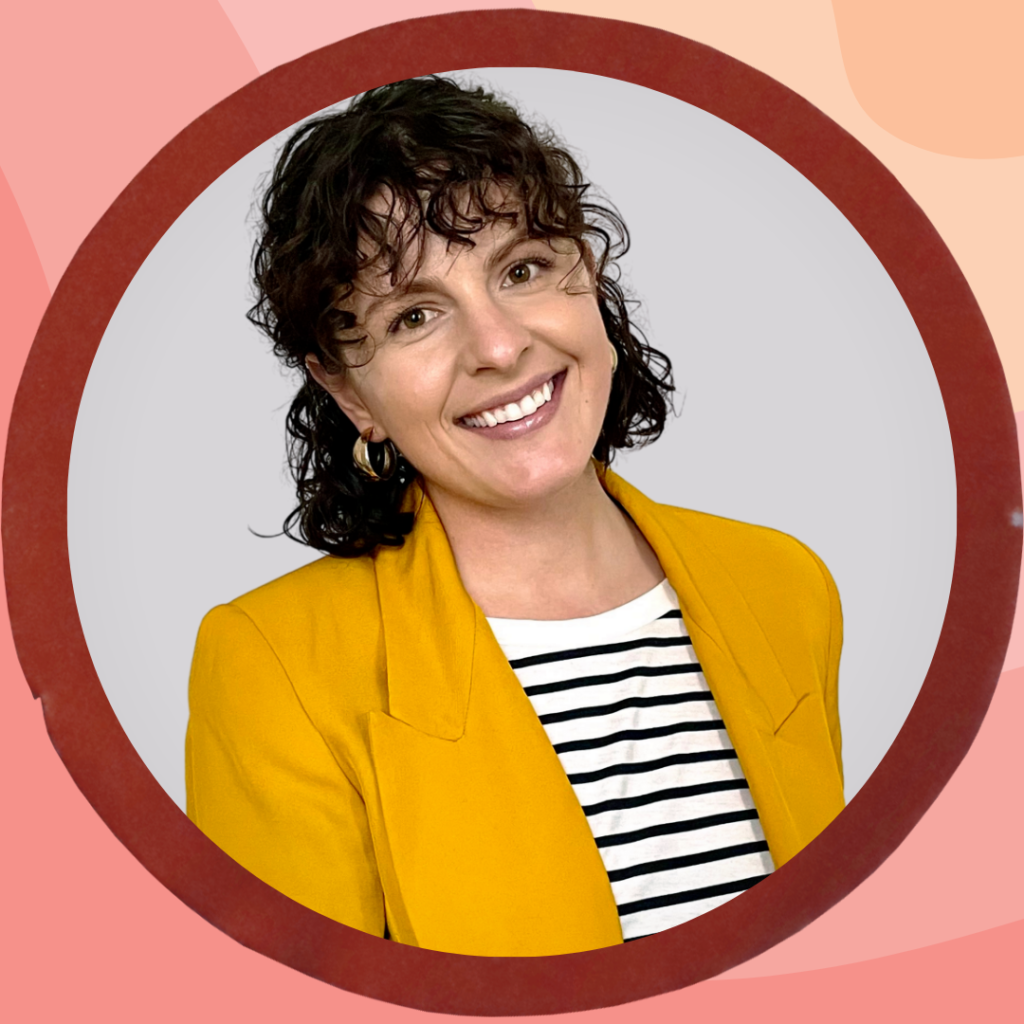
Hailey is the Engagement and Evaluation Lead at Engage Nova Scotia, a small, independent non-profit driven by a vision for a more vibrant, inclusive, and resilient province. Hailey’s academic background includes a BA in Development Studies and Anthropology from St. Francis Xavier University (Antigonish, Canada) and an MSc in Strategic Leadership towards Sustainability from the Blekinge Institute of Technology (Karlskrona, Sweden). Her Master’s thesis considered how participatory community processes build a communities’ adaptive capacity in relation to the Climate Crisis. In particular, the research focussed on Collective Narrative Therapy, a method used to respond to individuals, groups, and communities who have experienced a collective trauma. Both her work and personal life are rooted in the importance of relationships and deep listening. At Engage, this guides Hailey’s approach to her role with the Nova Scotia Quality of Life Initiative, designing and facilitating public engagements and supporting a broad range of cross-sector collaborations. Outside of her work with Engage, Hailey can be found socializing (safely), pursuing her creative ventures, and trying to give her house plants a fighting chance.
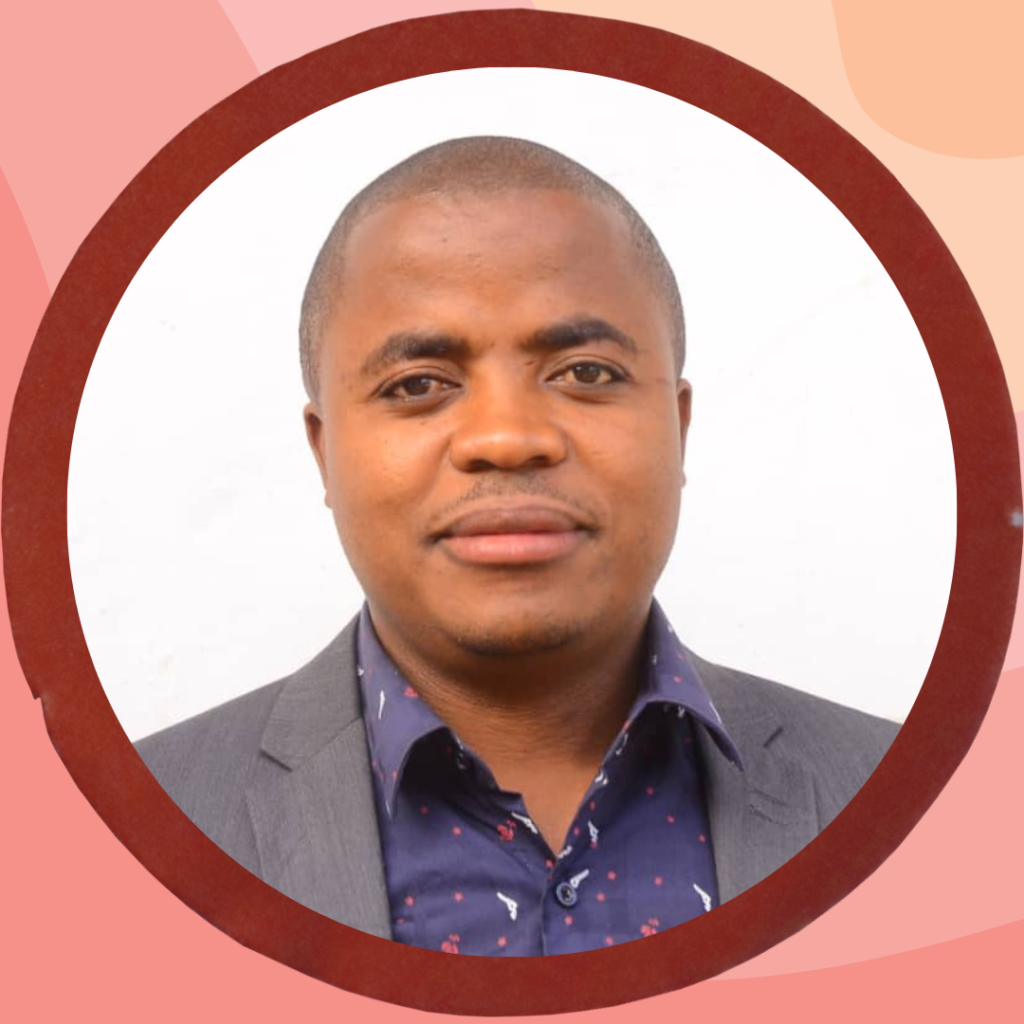
John is a university instructor and researcher, based in Democratic Republic of Congo. He is also an activist for human rights and environmental issues and has contributed several articles on the subject. He is also the national coordinator for the Front Commun pour la Protection de l’Environnement et des Espaces Protégés, or FCPEEP-RDC, a non-profit organization which works on diverse issues, including environmental protections, gender equality, human rights, food sovereignty, sustainable agriculture, and the rights of women, girls and other marginalised groups. Learn more about them at: www.fcpeep-rdc.org. He is also the National Focal Point of Civil Society Organizations in DRC, accredited to the United Nations Convention to Combat Desertification, and is the focal point of the Kabare/Sud-Kivu/DRC area from the Société Civile Environmentale et Agro-Rurale du Congo. He holds a bachelor’s in law from the Université Officielle de Bukavu (UOB) and master’s in peace and reconiciliation from the Catholic University of Bukavu.
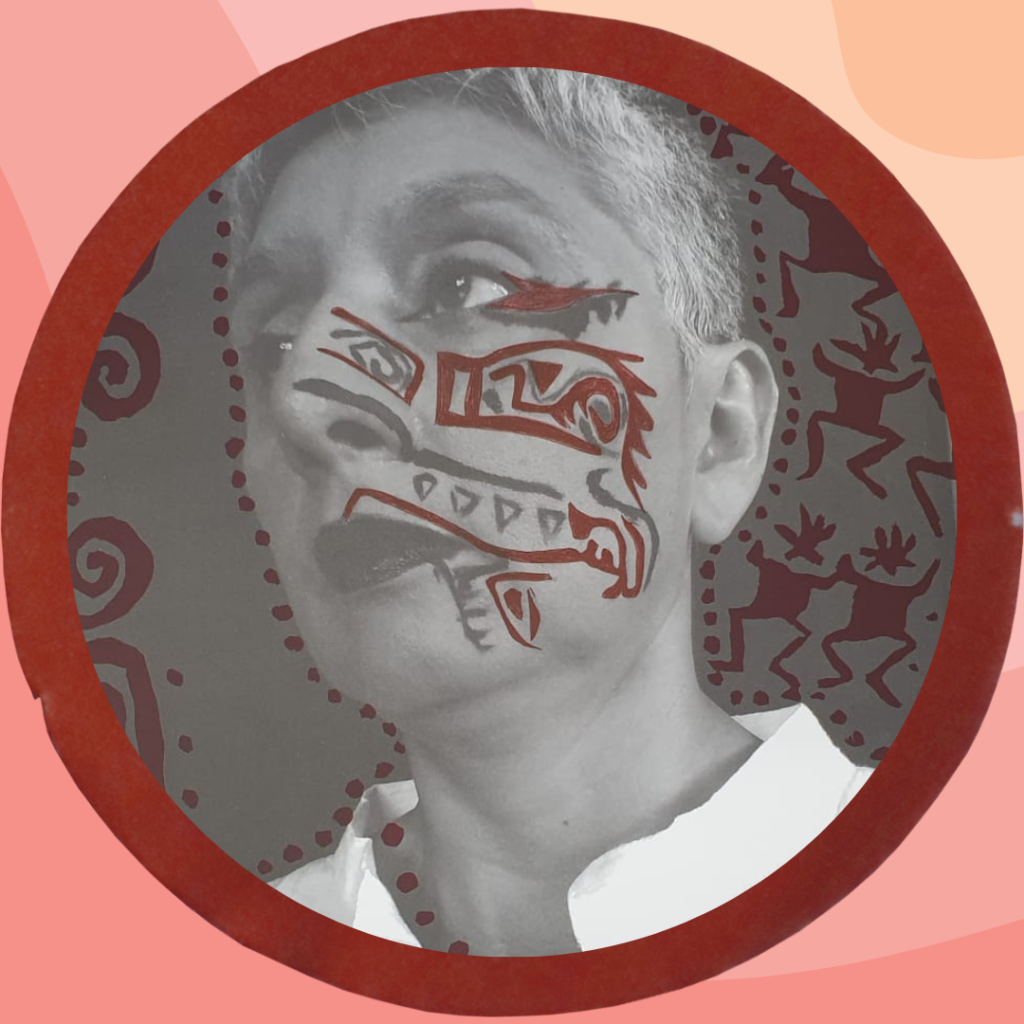
Kimy/Leticia Rojas Miranda holds a doctorate in sociology and anthropoligy, and has experience with trans/feminist and migration studies, as well as gender and sexual identitu studies. They are a researcher and a diaspora activist/artist in both Spain and Abya Yala, and have been part of the Ecuadorian feminist movement since 1999. Starting in 2008, they have divided their time between Madrid (Spain), Quito and Guayaquil (Ecuador). Alongside other activists in Spain, they have participated in the Migrantes Transgresorxs collective since 2009 and the Ayllu collective since 2017. Kimy’s skills include research and activist/artistic creation, which they have practiced for 12 years. Recent projects include the research project “Mapeo de Feminismos Negros en Abya Yala” (“Mapping Black Feminisms in Abya Yala”); “Re-existencia transfronterizas ‘entre aquí y allá'” (“Transborder Re-existence ‘Between Here and There'”), Ecuador chapter, 2020; group exhibition, “Don’t blame us for what happened / No nos culpen de lo que pasó” (Migrantes Transgresorxs collective/Ayllu collective), Biennale of Sydney: NIRIN-2020, at Artspace. They also work with POPS (Programa Orientado a Prácticas Subalternas), a research and training project that began in 2018 at the Centro de Residencias Artísticas, Matadero-Madrid. The fourth edition of POPS, held in collaboration with GLEFAS (Grupo Latinoamericano de Estudio, Formación y Acción Feminista) is now coming to a close.

Lina is an international social development professional, with experience in coordinating social and humanitarian projects targeting vulnerable children, women and refugees in humanitarian and development contexts. Her professional experience has primarily been focused in the area of program coordination, reporting, monitoring and evaluation, child rights and research with international non-profits, donor agencies and United Nations organizations, namely UNICEF. She is currently a board member volunteer at the Canadian Evaluation Society – Ontario Chapter, supporting its efforts to establish a diversity, equity, inclusion and anti-oppressive framework within its organization. Lina holds a Masters degree with honors in Development Management from the University of Wales, Swansea, U.K. Her postgraduate thesis was on the United Nations Convention on the Rights of the Child and which was published and presented in an International Conference on Children’s Rights.
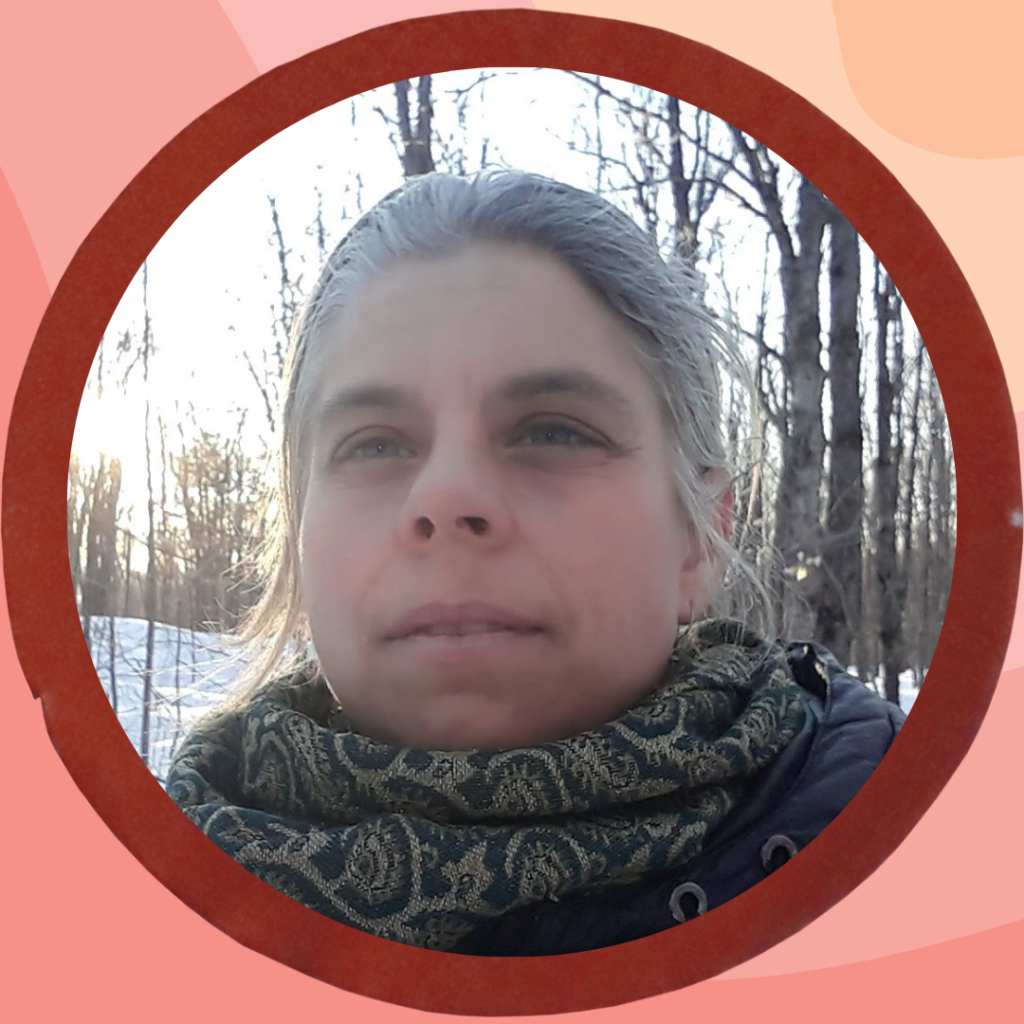
Marie-Eve Marleau has worked for the past fifteen years within social movements against extractivism and for ecological justice. She is the Coordinator of the Comité pour les droits humains en Amérique latine (CDHAL), an international solidarity organization based in Montreal that works to defend and promote human rights in reciprocity with social movements and communities in Latin America in the fight for social, environmental, economic and cultural justice. CDHAL’s actions contribute to developing a critical analysis of oppressive structures in our society and in international solidarity work, as well as to building awareness and mobilization among Quebecers.
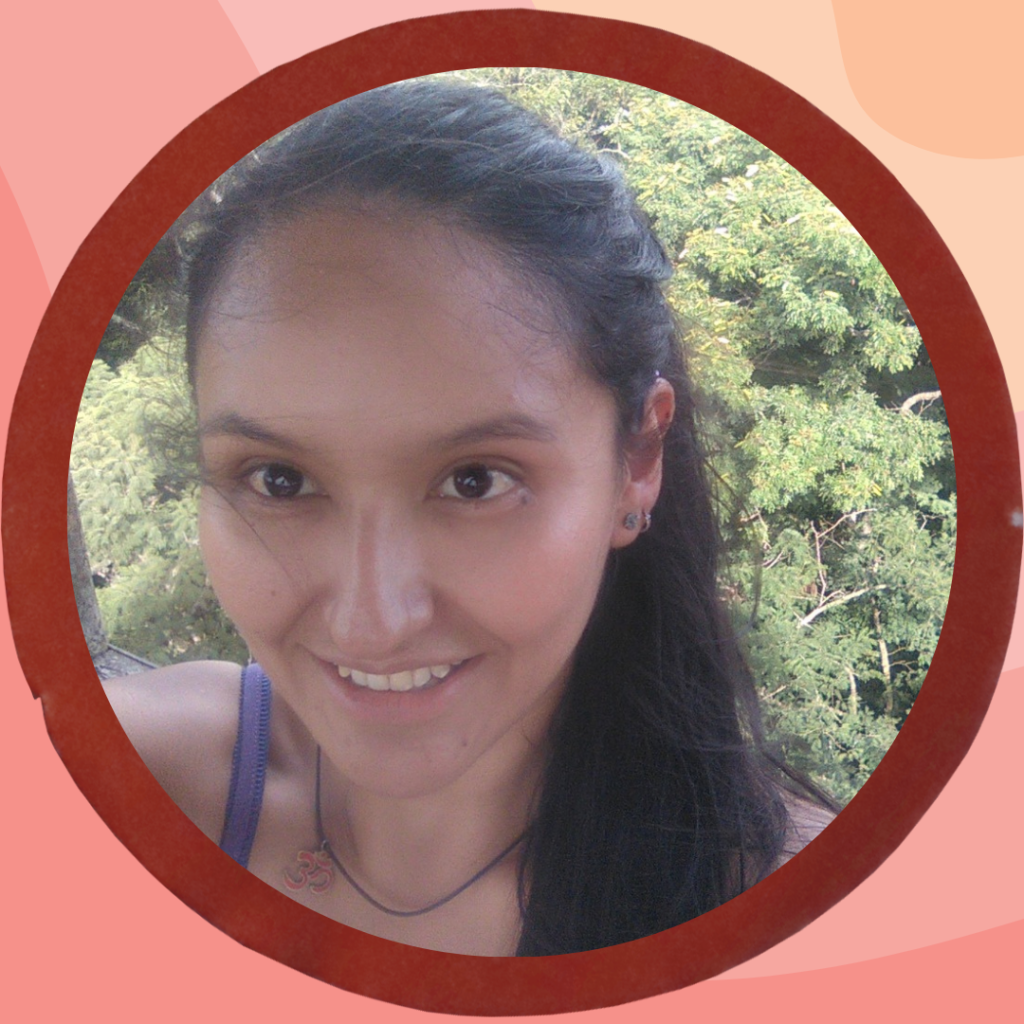
Paola Sanchez Argandoña is a dancer and member of Jasy Renyhê, an ecofeminist organization based in La Paz, Bolivia, whose work is focused on indigenous women and girls in the Bolivian Amazon and the acts of violence that affect their bodies, lives, and territories. Lately, she’s been interested in combining art and research to connect lives and heal together in horizontal ways of communication, care, and support between women.
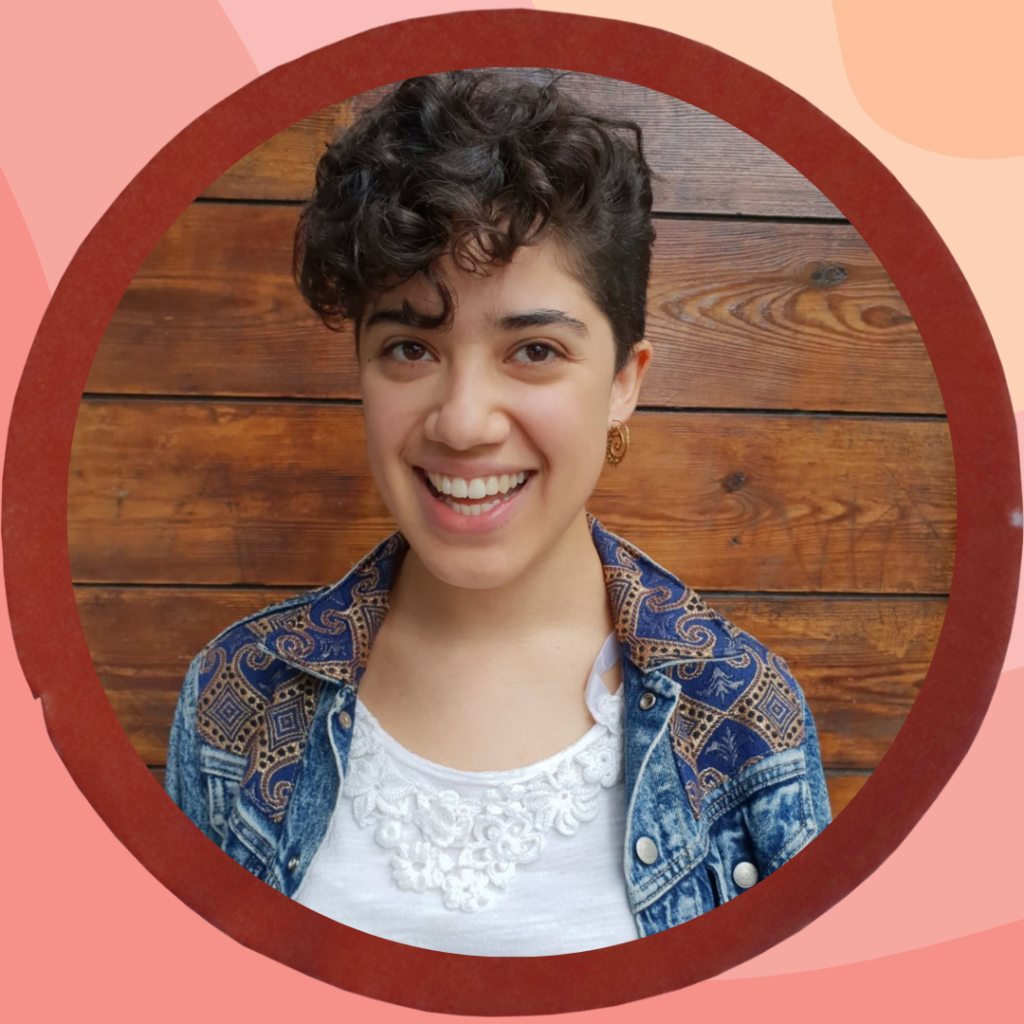
Priscilla (25 – they/she) is a queer anthropologist who obtained a MA degree in 2019 on the topic of anthropology and sustainable citizenship. They are currently co-coordinating Navegando Libres, a program from Taller de Comunicación Mujer, where they provide feminist accompaniment to survivors of digital gender violence. Their interests include: anti-racism, sex-education, digital rights, interesctional feminism, and how their mutual imbrication may contribute to the imagination and construction of sustainable futures.
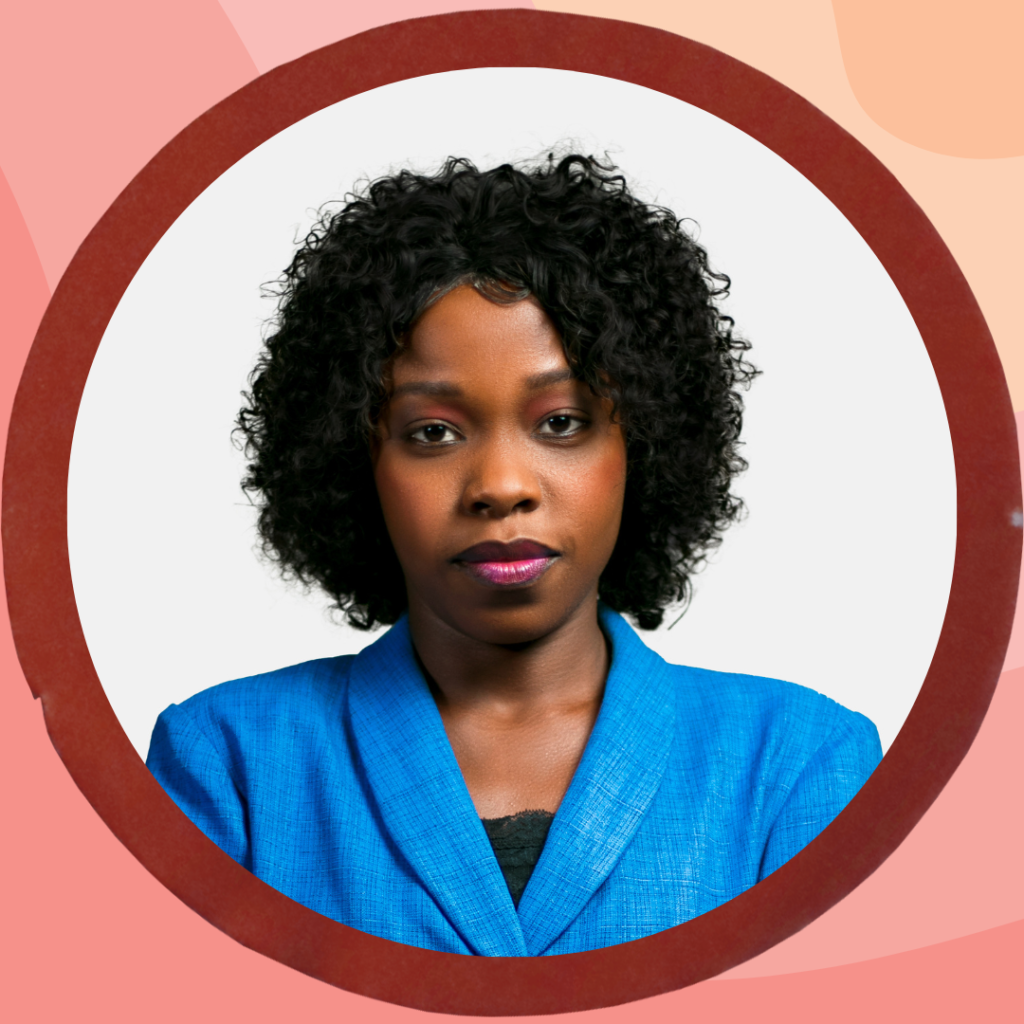
Rosa was born in the commune Les Cayes in the Sud department of Haiti, is currently 26 years old, living in the commune of Arniquet. Rosa is completing her studies in legal sciences, and is the Regional Coordinator of the Croix-Rouge Jeunesse du Sud. She is also the founder and coordinator of the organization Femmes Volontaires Pour Une Nouvelle Haiti, a civil society organization operating in Arniquet, and a member of FAC-SUD and GCER-HAITI, civil society organizations operating in the Sud department with headquarters in Les Cayes. She descrives herself as an “exceptionally dynamic, intelligent woman, and a feminist who works towards women’s causes.”
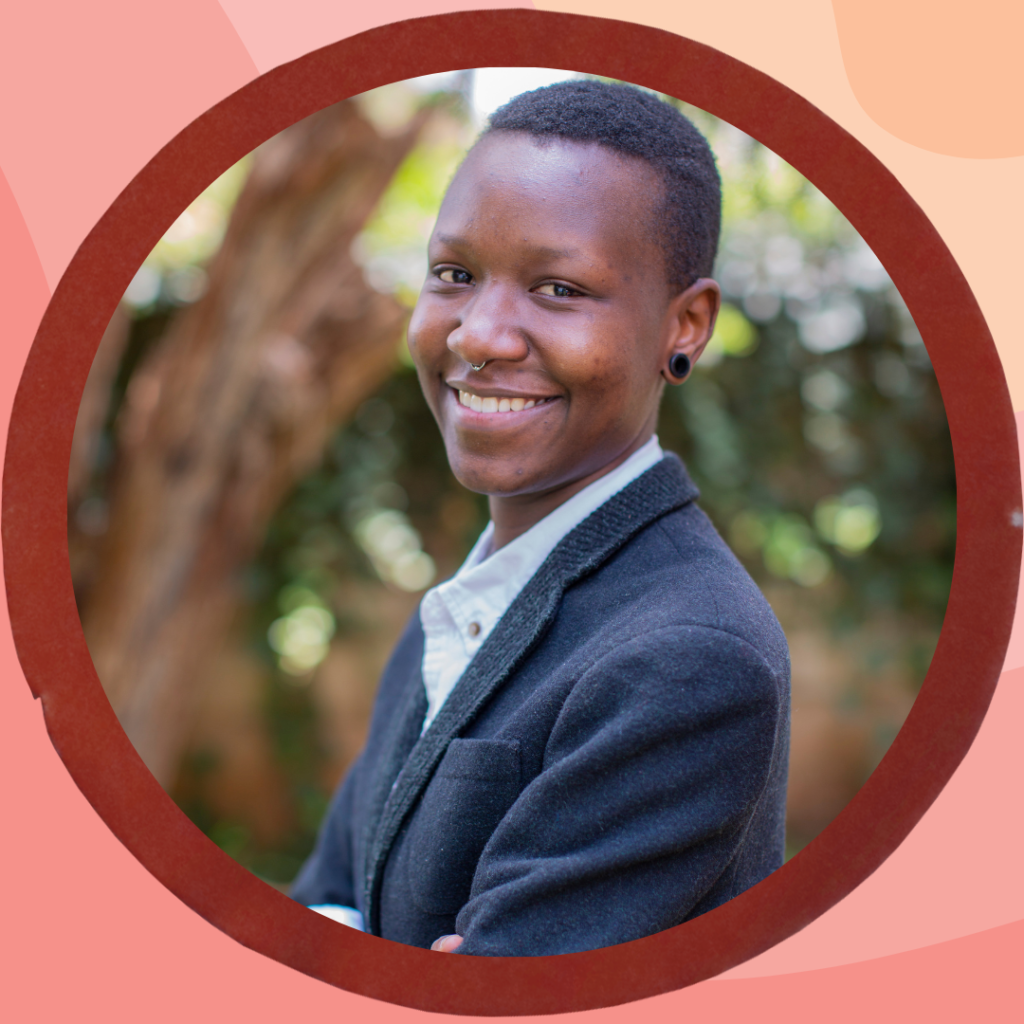
Sonia Audi is a Kenyan queer, nonbinary feminist, activist and creative. They channel their skills and passion for advocacy and storytelling towards advocating for an all-inclusive world where LGBTQ+ persons are free to exist as their most authentic selves. This is evident in their work as a program coordinator at Jinsiangu, an organization that works to enhance the lives and wellbeing of intersex, transgender and gender non-conforming (ITGNC) persons in Kenya; and as a community organizer at Queerhive Kenya, a youth-centered, creative and social support organization for lesbian, bisexual and queer (LBQ) womxn and gender non-conforming persons. They have also been involved in a number of collaborative creative projects such as “Meanwhile” by the Qintu Collab, “Rainbow Childhoods” by GALCK, “New Rain” by Minority Womyn in Action, and “Emergence” by Holaafrica.
